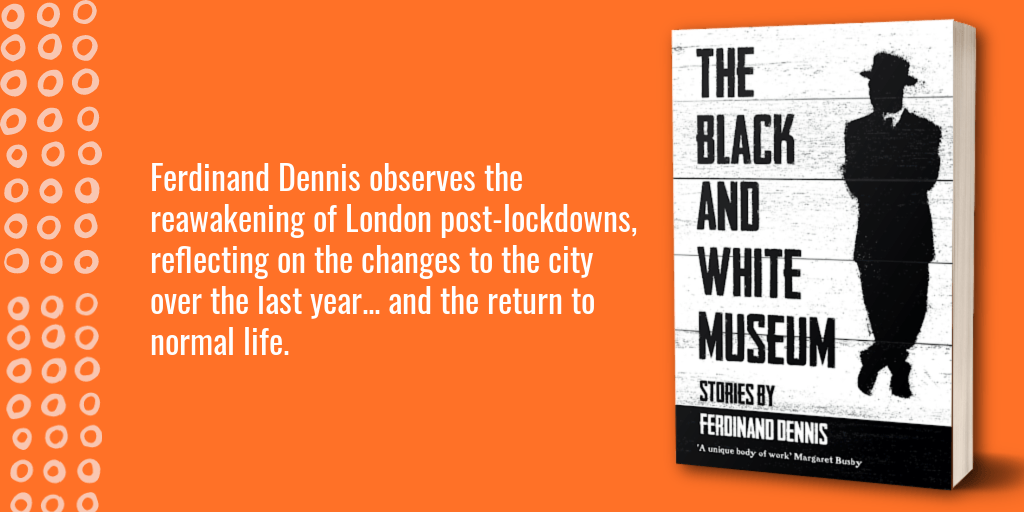In late September the taxi I was travelling in got stuck in traffic on Putney Bridge. It was the third traffic jam I had experienced within a week. As the vehicle inched across Putney Bridge, the sky cloudless and pale blue, the strong early Autumn sunlight playing on the surface of the river Thames, I sought comfort from this latest, if inconvenient, sign of London’s ongoing recovery from the Covid-19 pandemic.
Not all Londoners, I am sure, welcome the return of normal urban life with its many and various frustrations: traffic noise and air pollution, packed tube carriages, overcrowded pavements with impatient and at times belligerent pedestrians jostling for space. Those Londoners will no doubt miss the mornings when birdsongs could be heard in the otherwise eerie silence of a city in lockdown. I also enjoyed the novelty of hearing this natural matutinal music, but I am unlikely to miss it.
My most uplifting aural pandemic experience began with the sound of a rubber ball smashing into a metal grille, followed by the screams and laughter of primary school children playing during their lunch break. That was back in early March. Silent and empty during the bleak Winter months of lockdown, the school playground was, as the equinox neared, the source of an explosive, raucous, inspirational music; the future re-awakened.
Since then I have become more aware of the slow, inexorable increase in the volume of the urban thrum. And how wonderful to hear the screech of rubber on asphalt, the discordant blasts of car horns renting the air, the throbbing bass lines from a passing car, the distant roar of football supporters celebrating a goal (I live near a football stadium), the babel of languages on the streets and in shopping arcades.
One unexpected benefit of lockdown is that the street drugs users in my neighbourhood seem to have disappeared. Before the pandemic my nights were sometimes disturbed by a gang of crack users who thought that a nearby wall, or my doorway on rainy nights, was an ideal place to gather while sharing spliffs, crack pipes or whatever pills they had been able to secure. Complaints from myself or my neighbours only ever brought a temporary respite. A whole year has passed without encountering them.
My local park has also almost returned to normal. At the height of the pandemic, when lockdown closed offices and other workplaces, a walk in the park became a hazardous exercise. The narrow footpaths were crowded with walkers, children and the elderly, cyclists, roller skaters, all moving at different speeds in an effort to maintain some semblance of physical fitness. At its busiest the park seemed like the site of some mass religious ritual that required pilgrims to circle the green space, worshippers of some deity, wrathful and chthonic.
Now, with many people having returned to work, it’s possible to again enjoy an early morning or afternoon stroll in the park, a simple pleasure, but one without which city life would be so much poorer.
Ferdinand Dennis
London, 2021
